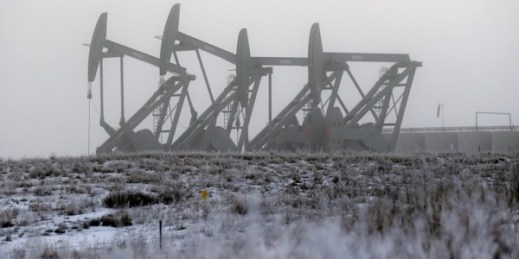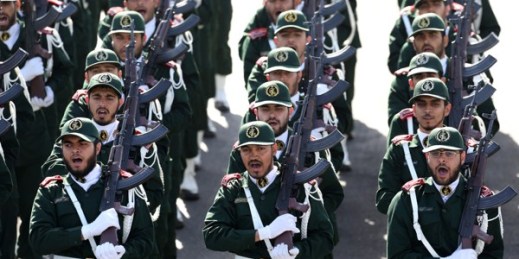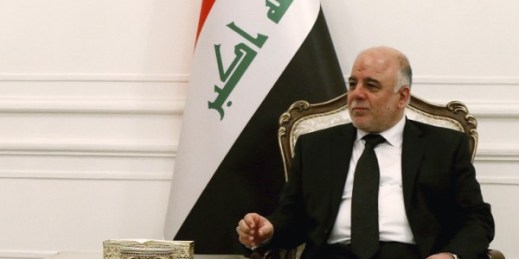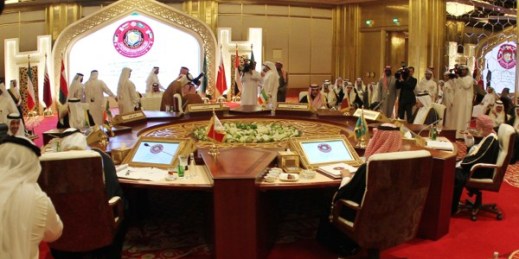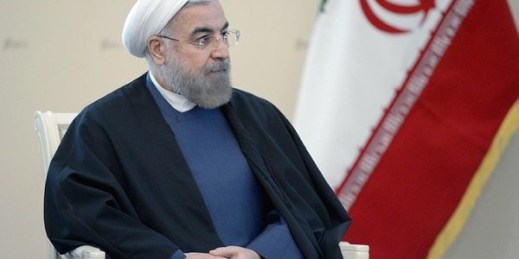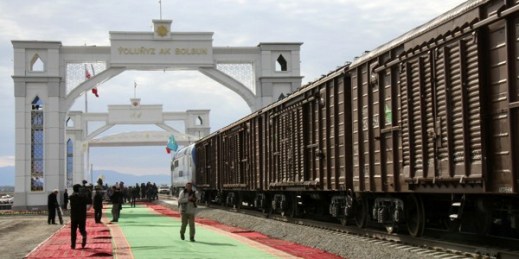
Earlier this month, the presidents of Iran, Kazakhstan and Turkmenistan inaugurated a railway that runs from western Kazakhstan to northern Iran. In an email interview, Erica Johnson, lecturer and director of masters studies in global studies at the University of North Carolina, Chapel Hill discussed infrastructure projects in Central Asia. WPR: What obstacles, both political and technological, had to be overcome to construct the railway between Iran and Turkmenistan? Erica Johnson: Because of the 2008 global financial crisis, Kazakhstan put the railway project on hold for 18 months. In addition to financing from the three participating countries, the Asian Development […]

